The Enduring Influence of the Nakba: A Historical Perspective
The Nakba, a term that has become synonymous with the Palestinian narrative of the Israeli-Palestinian conflict, holds a significant place in the history and politics of the Middle East. Its influence has been felt throughout the Arab world, shaping the region’s political thought and the actions of its leaders. This article will delve into the origins of the Nakba, its various interpretations over time, and its enduring impact on the region.
I. The Birth of the Nakba
The term “Nakba”, which appeared after the creation of the State of Israel in 1948, is usually understood as a catastrophe that befell the Palestinians, leading to the displacement of many people as a result of the Israeli war of independence, which was declared to Israel by Egypt, Syria, Lebanon, Transjordan, Saudi Arabia, Iraq and Yemen.
The war was accompanied by a massive (more than 700,000 people) exodus of the Palestinian Arab population from territories under Israeli control. On the other hand, after the UN decision on the partition of Palestine, over 800,000 Jews were expelled or fled from Arab countries to Israel and some other countries.
On May 15, 1998, Yasser Arafat, then PA chairman, coined “Nakba Day” as Israel celebrated its 50th anniversary. From his headquarters in the West Bank, Arafat read out before a microphone a sort of “marching order” for that day, a speech broadcast by PA radio stations and on street loudspeakers.
When the Oslo Peace Agreement of 1993 was still in force and still promised a chance for a two-State solution to the conflict, Arafat decided to turn the Palestinian narrative into a weapon, declaring an indefinite war on Israel.
However, the origins of the concept extend beyond the events of 1948.
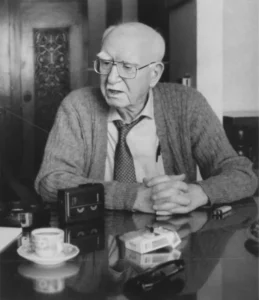
Constantin Zureiq, a prominent Arab intellectual, is often credited as one of the earliest advocates of the Nakba as a tool for Arab self-transformation. In his book, The Meaning of the Nakba, Zureiq depicted the Arab defeat at the hands of Israel as a revelation of the Arabs’ inferior conditions, necessitating a complete revolution in Arab thought and life.
II. The Nakba as a Revolutionary Tool
Zureiq’s interpretation of the Nakba had profound implications for the Arab world. He viewed the struggle against Zionism as a catalyst for Arab self-improvement and unity. This perspective resonated with many Arab leaders and intellectuals who saw in the Nakba an opportunity to mobilize the masses in a united front against a common enemy – Israel.
This train of thought spawned a wave of Arab revolutions that began with the coup in Syria in 1949 and culminated in the rise to power of figures such as Gamal Abdel Nasser, Hafez Assad and Saddam Hussein. These leaders adopted the Nakba as a rallying cry for their movements against the Jewish state, echoing Zureik’s call for Arab unity and self-transformation in the face of adversity.
III. The Nakba and the Arab Nationalist Movement
The concept of the Nakba played a crucial role in the Arab nationalist movement of the 20th century. Under the leadership of Nasser and others, Arab nationalism sought to unite the disparate states of the Middle East into a single pan-Arab entity capable of wielding global influence. The Nakba served as a potent symbol of the Arab struggle against foreign domination and internal division.
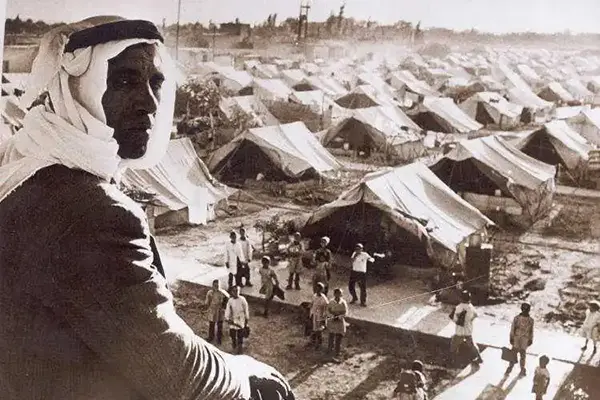
However, this vision of a unified Arab nation was fraught with contradictions and internal tensions. The establishment of Arab states like Lebanon, Syria, and Jordan was seen by some as a betrayal of the pan-Arab cause, leading to further fragmentation and conflict.
IV. The Nakba in the Age of the New Left
The rise of the New Left in the 1960s brought a new interpretative lens to the Nakba. For these intellectuals, the Nakba was not just a symbol of Arab unity and struggle against Zionism, but a tool for broader social and political revolution. They saw in the Palestinian cause an opportunity to ignite a radical transformation of Arab society and culture.
This shift in perspective led to the emergence of new revolutionary movements in the Middle East, such as the Palestine Liberation Organization (PLO). These groups adopted the Nakba as a rallying cry for their cause, positioning the struggle for Palestine as the engine of Arab revolutionary change.
V. The Nakba and Islamism
The rise of Islamism in the latter part of the 20th century introduced yet another dimension to the Nakba. Groups like HAMAS, Islamic State and Hezbollah, while sharing the broader goal of the destruction of Israel, viewed the Palestinian cause as part of a larger struggle against the status quo, rather than a strictly nationalistic issue.

This religious reinterpretation of the Nakba, combined with traditional anti-Semitism and anti-Israel sentiments, gave rise to new expressions of resistance against Israel. For these groups, the struggle against Israel was not just about liberating Palestine, but about overthrowing the existing order and establishing an Islamic state.
VI. The Nakba in the Modern Era
In the modern era, the Nakba continues to hold a significant place in the collective memory of the Palestinians and the broader Arab world. However, its interpretation and impact have evolved over time.
Recent developments, such as the rise of Islamic State and the Abraham Accords, suggest a possible shift in the role of the Nakba in the region’s politics. While anti-Israel sentiments remain strong, there is an increasing recognition that the Palestinian cause is one issue among many, and should not hold the region’s diplomacy hostage.
At the same time, the Palestinian cause continues to be instrumentalized by various political actors, both within and outside the Arab world. Whether as a tool for mobilizing the masses, a symbol of resistance against foreign domination, or a rallying cry for revolutionary change, the Nakba continues to resonate in the region’s political discourse.
Conclusion
In fact, the book “The Meaning of the Nakba” is not dedicated to the tragedy of the Palestinian people. According to Zureiq, the crime that Nakba represented was committed against the entire Arab people, a romantically understood political entity in which Zureiq and his fellow Arab nationalists fervently believed. And Zureiq, as it turns out, was not at all a supporter of an independent Palestinian state. For Zureik, Arab nationalism was “a civilizational project, not an obsession with protecting identity borders in need of protection.”
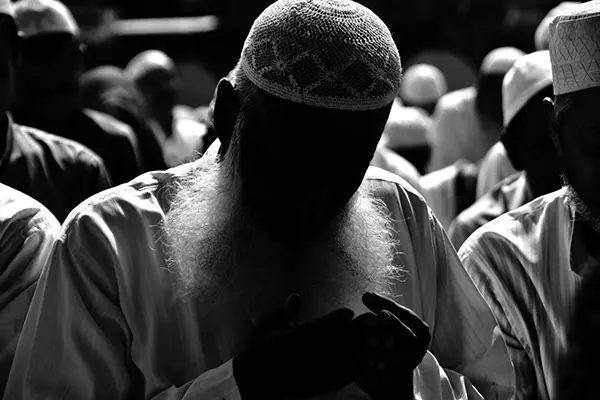
And despite the fact that Zureiq then became one of the leading proponents of a liberal, secularist version of Arab nationalism, the Nakba as an idea and historical event left an indelible mark on the Arab world. It was used as a call to unity, an instrument of revolution, a symbol of resistance and an object of discord. Its influence can be traced in the actions of Arab leaders, the ideology of various political movements, the collective memory of the Palestinian people and the desire to get rid of Israel.
“When the battle broke out, our public diplomacy started talking about our imaginary victories, putting the Arab public to sleep and talking about the ability to win and win easily – until the Nakba happened … We must admit our mistakes … and recognise the extent of our responsibility for the catastrophe that is our destiny,” Zureik said.
Although the Nakba continues to occupy an important place in the collective consciousness of the Arab world, it is not immune from reinvention and change. As the region continues to struggle with the Nakba legacy, it remains to be seen how this enduring symbol will be interpreted in the future.
We also recommend reading:
Dina Rubina — OPEN LETTER, 170 Days In Captivity, Hamas Took Palestinians Hostage, The “Tail Wags The Dog” Principle: How It Works In Politics, Oppression In The Middle East, Jewish Refugees, An Open-Air Jail







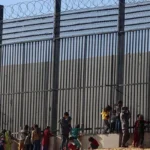
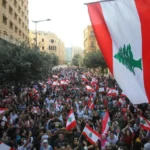

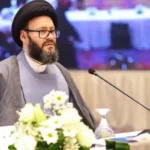
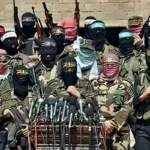


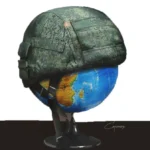
Leave a Reply